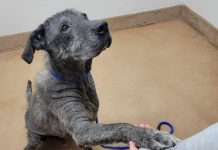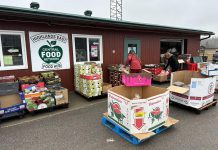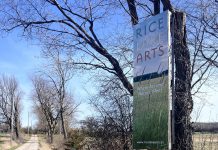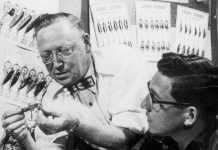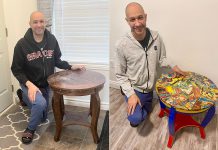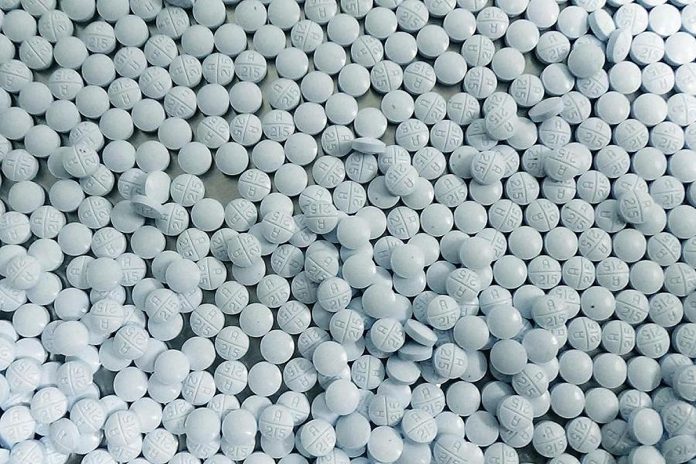
Peterborough Public Health has issued its second drug poisoning warning in February after another increase in suspected drug poisonings locally.
On Tuesday (February 22), the health unit detected six different overdose-related incidents for which medical attention was sought, including emergency department visits and paramedic calls for service. Since last Wednesday (February 16), there have been 13 overdose-related emergency department visits and 10 opioid-related paramedic calls for service.
In the hopes of preventing further harms in the community, Peterborough Public Health is issuing a public warning. The health unit also issued a drug poisoning alert on February 4, and extended it on February 8, after detecting a total of 17 overdose-related incidents in late January and early February.
For anyone who uses drugs (or know someone who does), the health unit recommends:
- Never use drugs alone.
- When using with a friend, do not use at the exact same time.
- Have a plan in case something goes wrong. Ask someone to check on you or to call the National Overdose Response Service 1-888-688-6677.
- Keep a naloxone kit close at hand and visible when you’re using. Visit ontario.ca/page/where-get-free-naloxone-kit for where to get a free naloxone kit.
- Avoid mixing drugs.
- Test a small amount of drug before you use.
Signs of an overdose include very large or very small pupils, slow or no breathing, cold and clammy skin, blue or purple fingernails or lips, and deep snoring or gurgling sounds. Often in drug overdoses, the person’s body is very limp and it is difficult to wake them up.
If someone is showing signs of an overdose or if they cannot be resuscitated after naloxone is administered, call 9-1-1 immediately. Under Canada’s Good Samaritan Drug Overdose Act, anyone who seeks medical help for themselves or for someone else who has overdosed will not be charged for possessing or using drugs for personal use.
Mmmbers of the public are encouraged to use Peterborough Public Health’s recently launched online reporting tool at chkmkt.com/PPH-drug-reporting-tool, where you can submit an anonymous report about overdose incidents, suspected harmful drugs, bad reactions to drugs, and other drug-related incidents.


